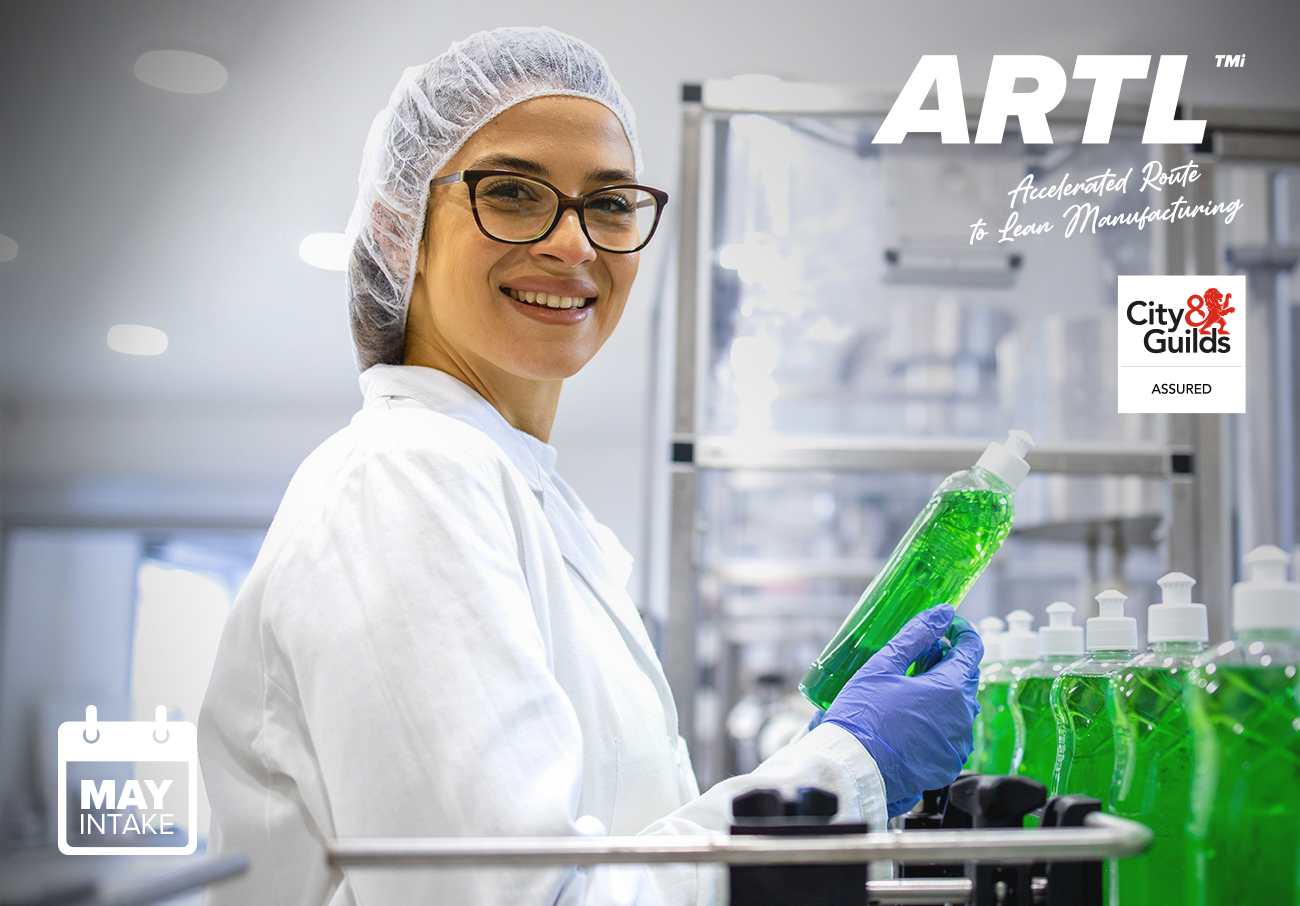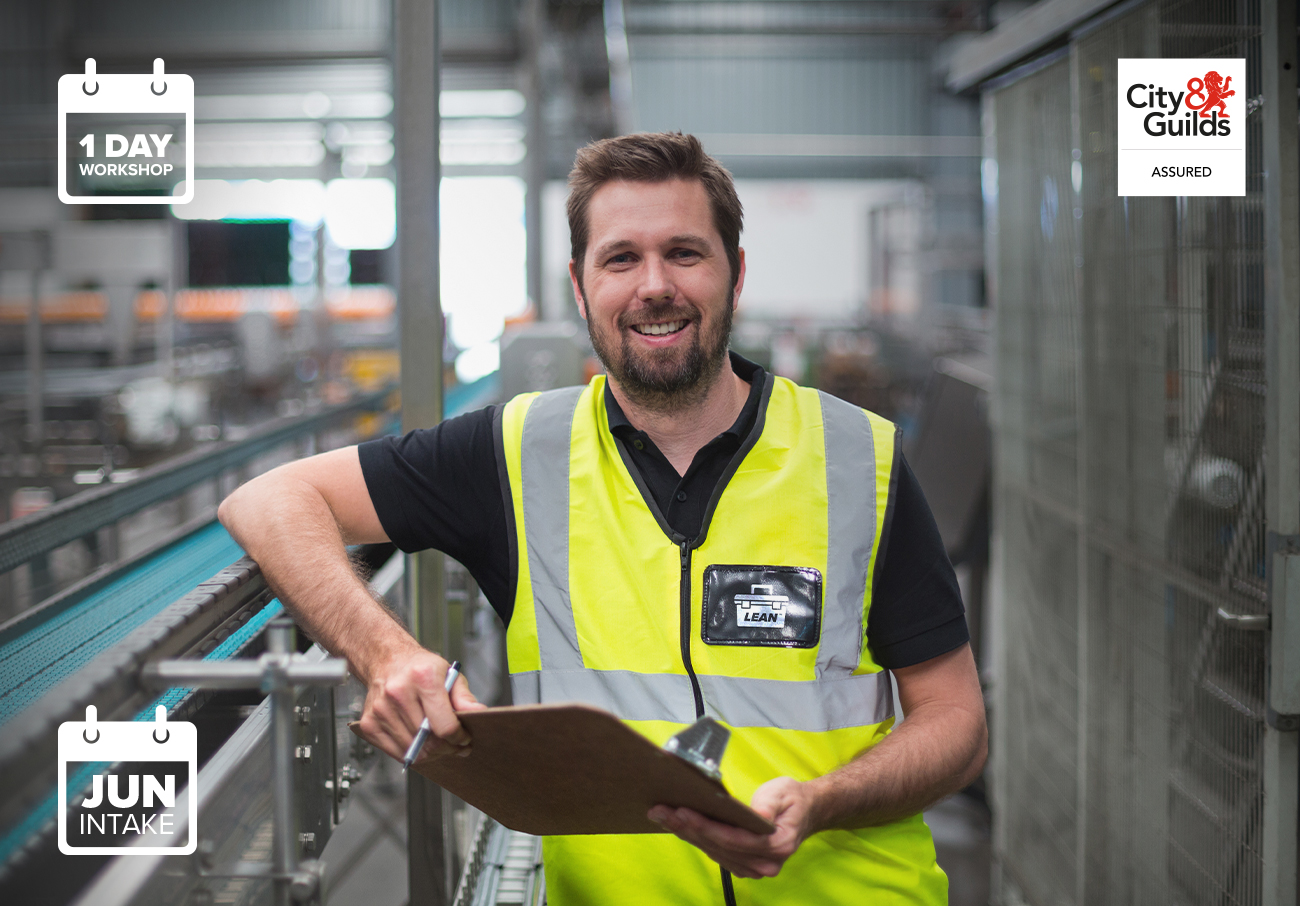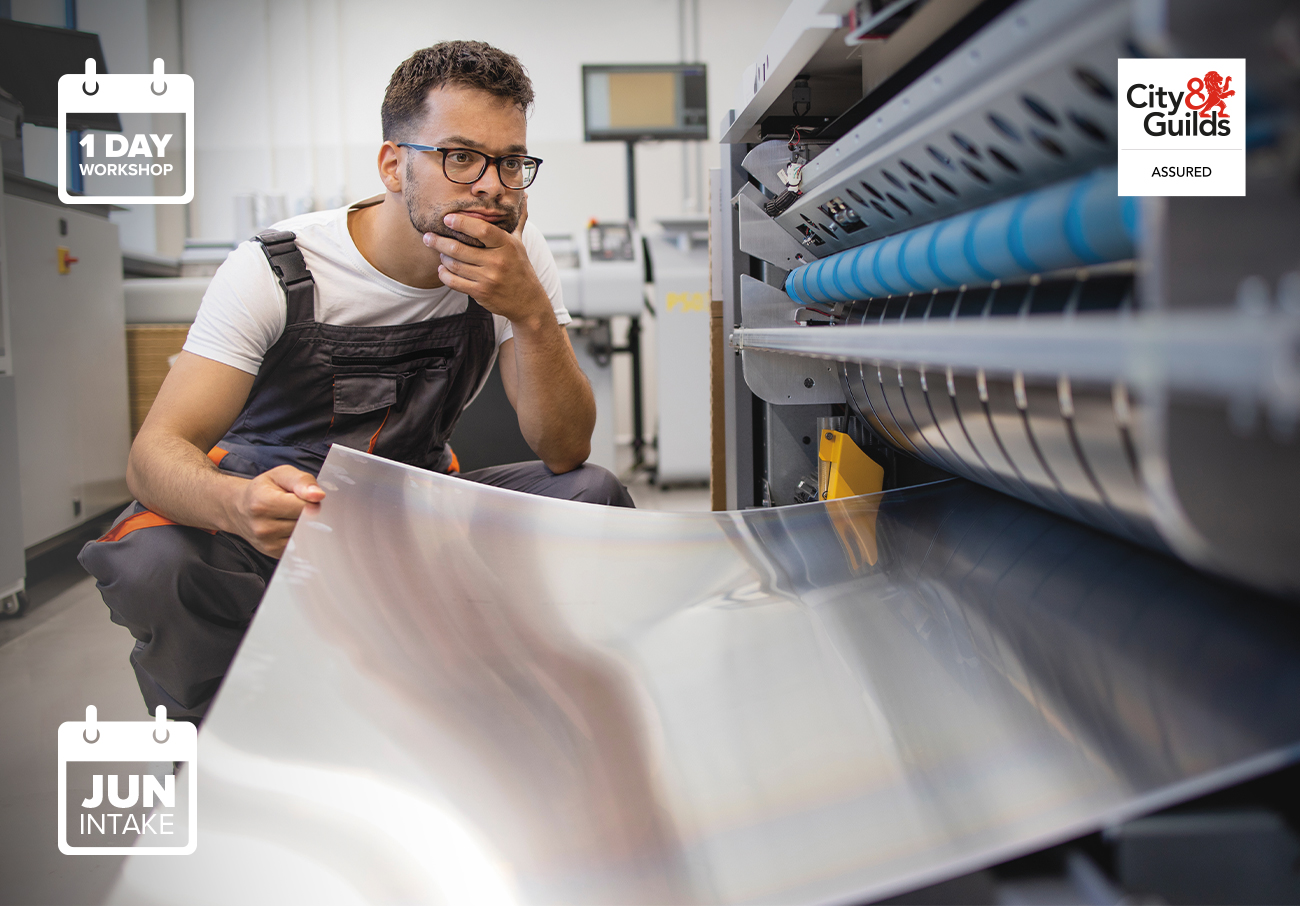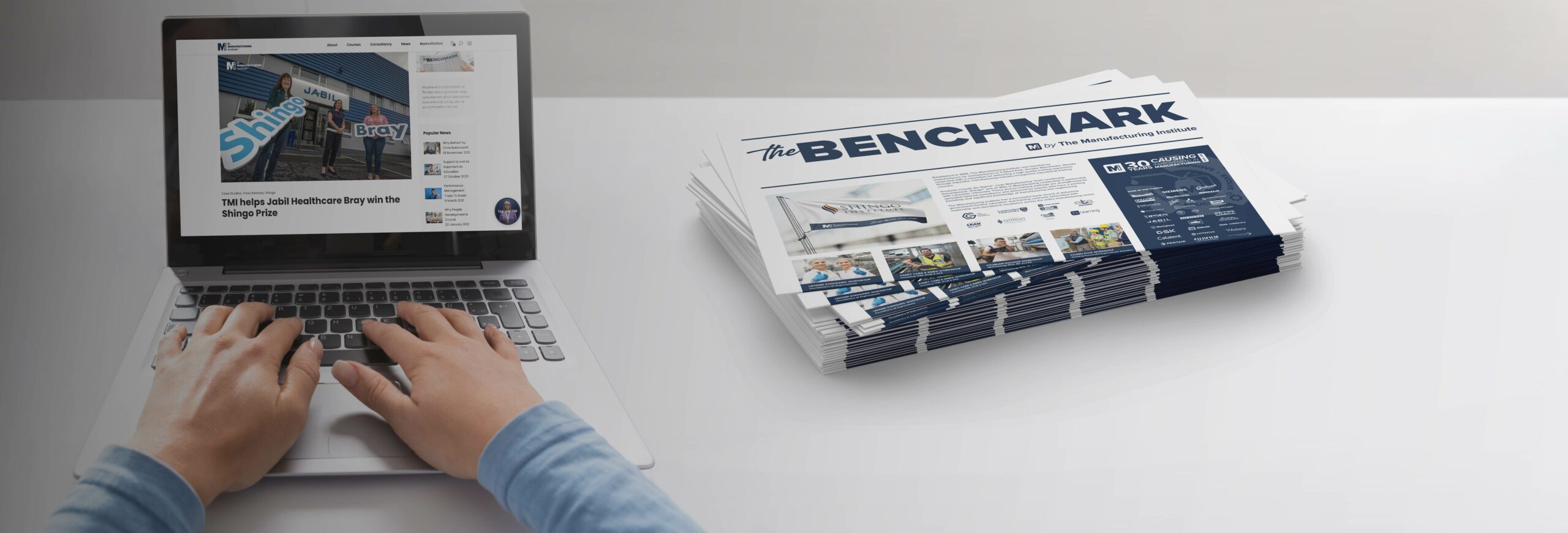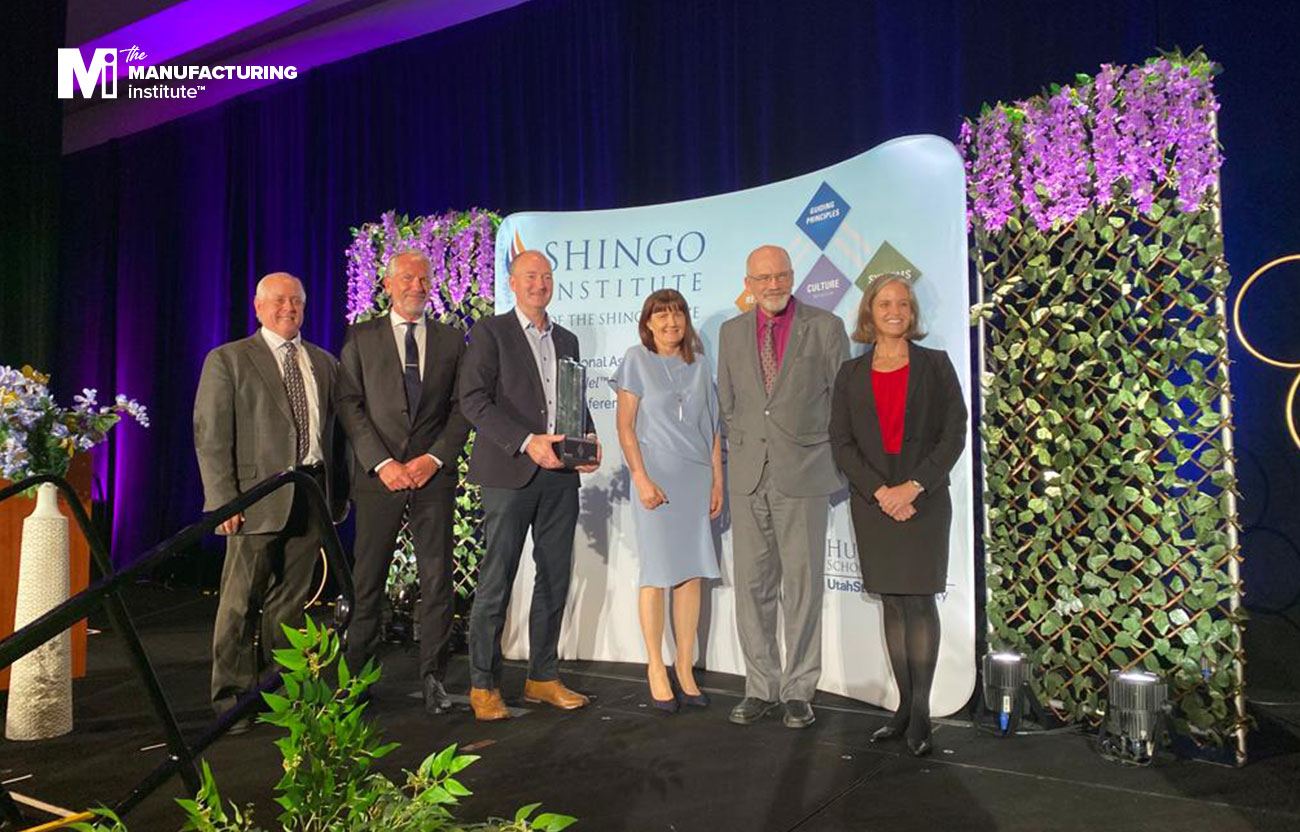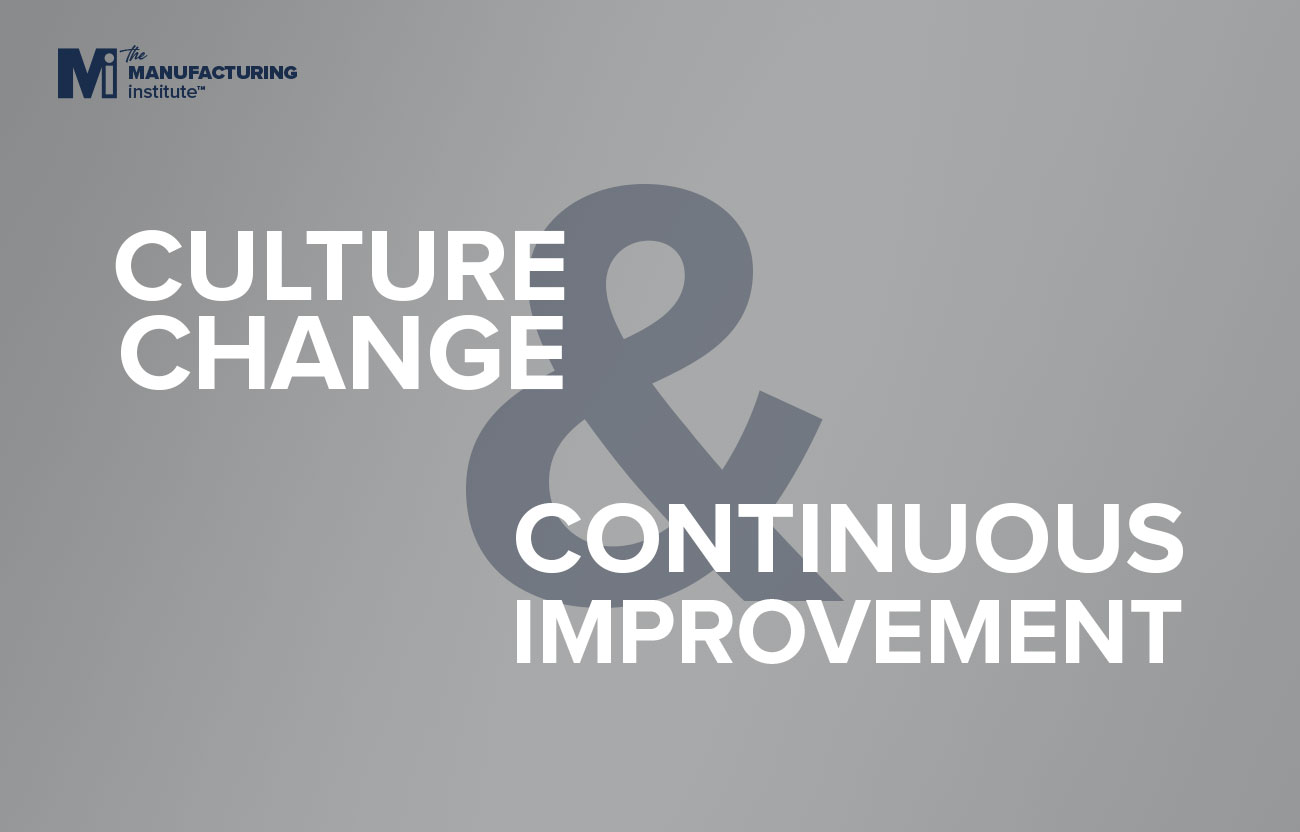
Relationship Between Culture & Continuous Improvement
When it comes to any type of improvement, a good culture is crucial. After all, your efforts won’t get you very far if your overall business environment isn’t right. Continuous improvement flourishes in a culture where people can openly discuss how they feel and share their thoughts when things don’t work out as planned.
In this insightful piece, The Manufacturing Institute’s Principal Practitioner, Julian Winn, explains the link between culture change and continuous improvement, and the unexpected benefits it can bring.
Higher levels of engagement
All employees, of any organisation, want their leaders to act on the things that are slowing them down so that they can do their jobs well. If things are constantly being refined, it shows your company cares and leads to a much more positive experience where your workforce enjoys being part of your business.
But that’s not all. Your team members want to be able to contribute and feel like they can help. In doing so, they won’t just turn up to work, clock-watch, then go home. They’ll be significantly more engaged and perform to a higher standard. As a result, the company becomes an excellent place to work and achieves great outcomes. And when the final product or service is delivered to the customer, they’re happier too – everyone wins.
Increased sustainability
This higher level of engagement lends itself to increased sustainability. Not only are team members likely to stay with your organisation for longer, but you’ll attract the best new talent. They’ll view your company as the ideal choice due to your prioritisation of continuous improvement and working with employees to make things better.
The right kind of culture is becoming incredibly important, especially to the younger generation. Millennials and Gen Z are highly educated and more inclined to go for what they want. While the ‘command and control’ approach may have worked 50 years ago, today’s young people want the opportunity to input ideas for a company whose values align with theirs.
What you need to remember is it’s not about short-term results; it’s about longevity and sustainability when it comes to your people and other aspects. If you want your company to make a profit, you need to keep reinvesting regardless of your business type – and that’s what continuous improvement is all about. By adopting and applying this strategy to your entire organisation, you’re much more likely to have a sustainable enterprise that’s still surviving (and thriving) in 20 years’ time.
Implementing continuous improvement
Whatever your business size, all companies can reap the benefits of continuous improvement. The important thing to recognise is that senior management aren’t the only ones who can add value. Team members who work closely to the issue will also have incredibly useful input.
But to be successful they need your support. As a manager or leader, culture change starts at the top with you. Don’t focus on the things an employee did wrong – that’s a method of the past. Instead, concentrate on the positives and apply this to how you work, think, and communicate. Your workforce can then follow by example.
Embedding continuous improvement, along with other areas such as lean thinking, problem solving and coaching for improvement, are all part of our virtual lean manufacturing bootcamp. While its focus is on manufacturing, the training is applicable to any organisation and our examples cover industries including healthcare, legal and financial.
Our next cohort is due to start on 14th May 2021, so book your place or speak to our team to find out more. Alternatively, if you’d like to discuss our in-person programme or self-study lean practitioner course, we’d be happy to talk you through these too.

